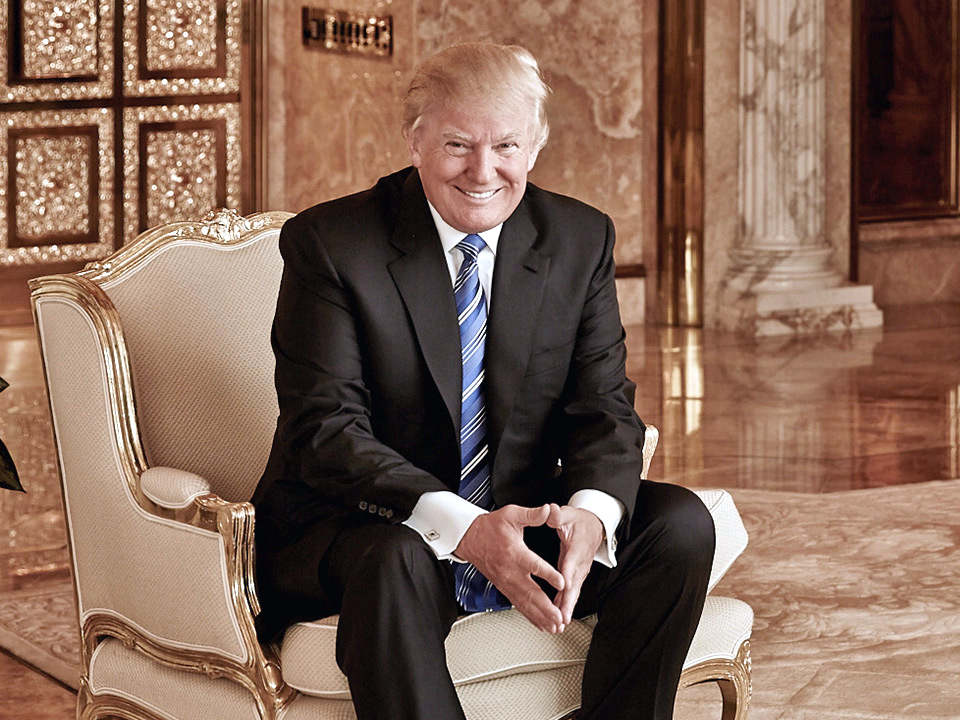
Donald Trump may not be an expert on Thai affairs, even mispronouncing the country as Thighland four years ago. But most economists believe his second-term win is more of a plus for Thailand than a Harris victory would have been. The secret lies in Trump’s monumental dislike of China and his threat to increase dramatically tariffs – up to 60 percent and beyond – to deter Chinese exports to the United States.
As commerce minister Pichai Naripthaphan has noted, there’s likely to be a rush of Chinese investment to build factories in Thailand to create a manufacturing hub for exports to the United States. That is already a trend in the Eastern Economic Corridor for automobile production, electronics and AI data centers. The Thai premier, Paetongtarn Shinawatra, was amongst the first tranche of world leaders to congratulate the Trump-Vance ticket.
The Board of Investment has already announced a 42 percent jump in the value of investment proposals for 2024 compared with the previous year. With rising US Treasury yields rising already, the baht is likely to decline by one or two cents. Although that will be unpopular with international tourists to Thailand, a weaker baht makes Thai exports to the US and the world cheaper.
There are, of course, threats to this positive scenario under Trump. For example, if Thailand moves closer to China in foreign policy Trump may well raise US tariffs on imports from here. He will certainly dislike Thailand’s flirtation with BRICS, an international economic framework led by Russia and China, which the new president will see as an attack on the US dollar. Moreover, Thailand is in dispute with China over the dumping of cheap consumer goods here which is threatening domestic production.

However, Thailand has shown itself adroit over many decades in maintaining a measure of international independence on the world stage. Dealing with the unpredictable Trump and his America First agenda will be a major task of the current Pheu Thai administration. Thailand has the second biggest economy in ASEAN but is experiencing sluggish growth. Receiving as many international tourists as possible and encouraging exports are the two major preoccupations as 2024 splutters to a close.









